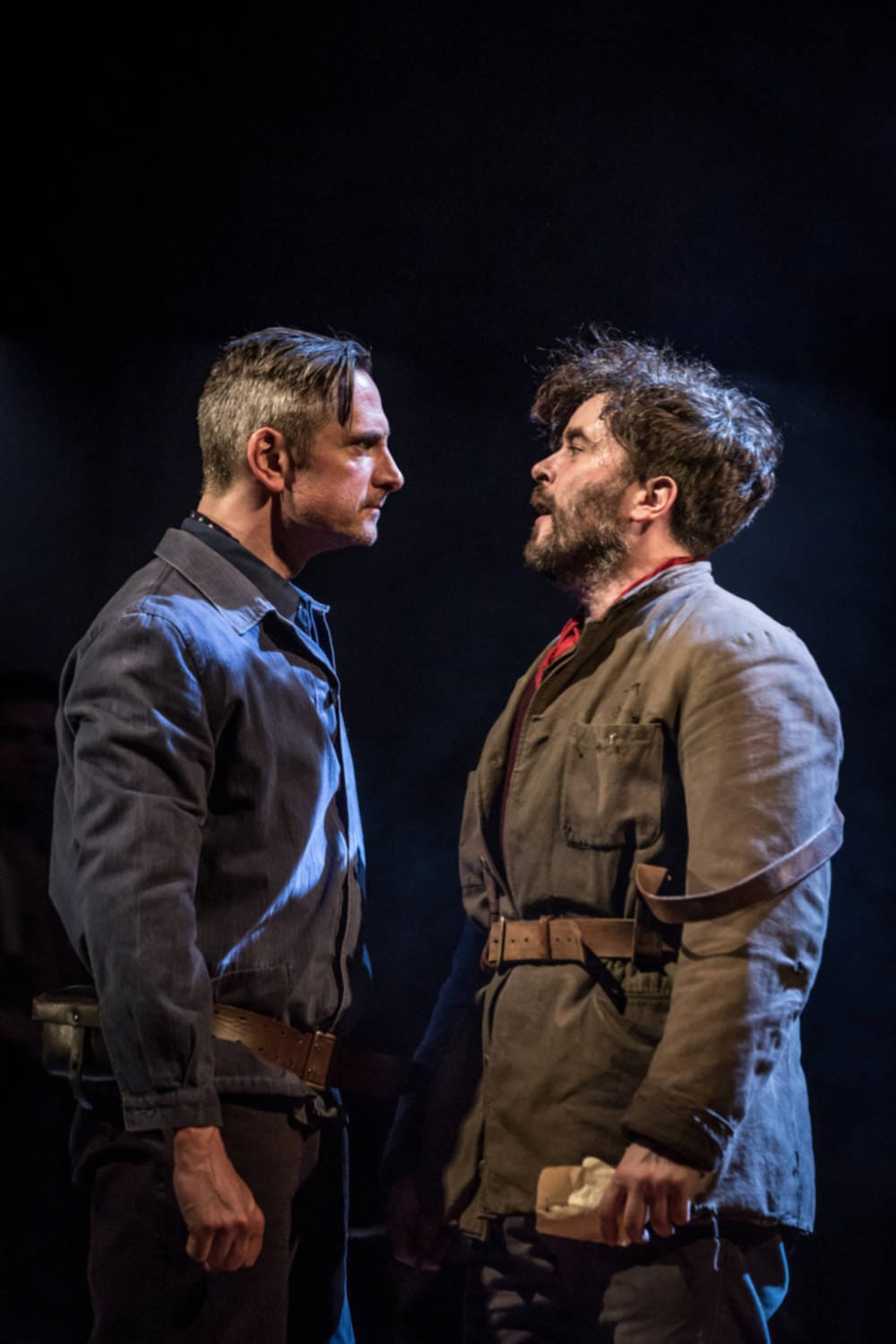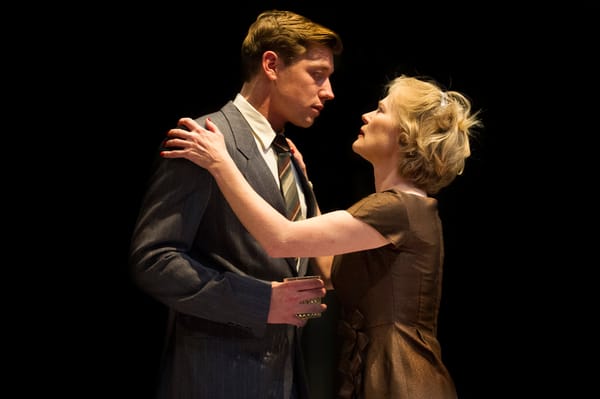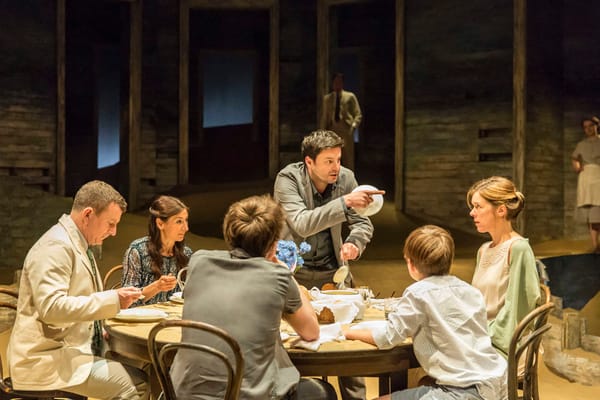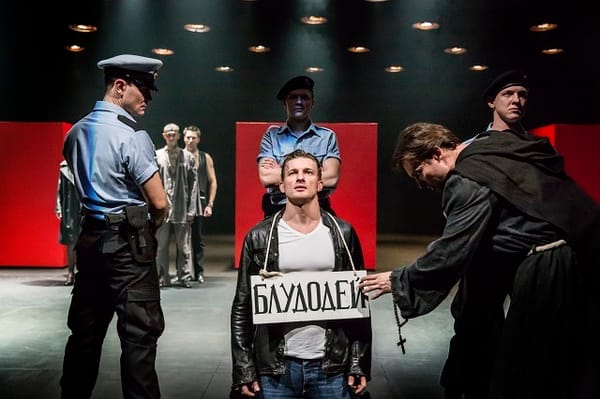A Very British Revolution
Fred Fyles mulls on the radical British politics on display at the National Theatre's latest offering

While BBC News and the pages of the Daily Mail may seem the obvious place for a bit of political debate, currently there is a far more interesting source of discursive discussion: the stage. With plays such as the Royal Court’s Hope, the Tricycle’s Multitudes, and Donmar’s The Vote all exploring the issue of politics within modern Britain, it is no wonder that incoming director of the National Theatre Rufus Norris describes the theatre as the nation’s debating chamber. As such, his decision to put on Caryl Churchill’s play Light Shining in Buckinghamshire, which deals with the Levellers, a 17th Century political group, makes perfect sense. It is a credit to both Churchill’s writing and Lyndsey Turner’s direction that the production seems as relevant today as it did when it was first staged in 1976. So much has changed, and yet so little.
The production seems as relevant today as it did in 1976
A major difference in this production is the scale of everything; while the original run only had six cast members, the National’s version has a cast of at least 50, if not more, resulting in a sense of epicness. This helps to drive the plot along, imbuing the rebellion with a real feeling of consequence, but the problem is that individual characters can sometimes get lost in the general melee of statesmen, soldiers, and religious nutjobs. The staging is similarly grand, taking the form of a vast table, around which officials in starched black robes scribble down officious notes; however, Es Devlin’s ingenious set design means that the setting - in the best possible way - threatens to overshadow the cast. As time goes on ornamentation is removed from the table; what begins as a vast feast eventually becomes a plot of earth, emphasising the link from farm to plate which, if it was not lost then, is certainly lost in today’s mentality.
Taking on a portion of British history that is rarely visited - and it is a shame, since it is truly fascinating - Light Shining in Buckinghamshire focuses on the build-up to the English Civil War, following which Oliver Cromwell took power, and its immediate aftermath. Many of those who fought in the battle did so out of a sense of frustration against the political status quo of the day, and yet once the battle was ‘won’ many found that things carried on much as they were - same shit, different clothing. Out of the general antipathy against those in power, a group called the Levellers sprung into being. Based on a foundation of legal equanimity, religious tolerance, and mass suffrage, the Levellers embodied a sense of British political radicalism that has continued to this day (something that Turner makes clear: the promotional material for the play features a simulacrum of a trade union banner, which are still being made today).
Eschewing a formal narrative, Light Shining focuses instead on the key events
We follow the Levellers on their journey, from belligerent group of individuals, to arguing factions at the Putney Debates, to a group of proto-Occupy agrarians, and finally to a broken movement, crushed by those at the top. Light Shining in Buckinghamshire is not a comprehensive history; it eschews a formal narrative in favour of highlighting the key events, skipping between a few select characters, which ensures it manages to cover a dynamic period of history, but does make it a little bit difficult to follow. This structure means that no single character monopolises the attention, but a couple of performances stand out (no mean feat given the ensemble cast): Ashley McGuire is by turns humorous heartbreaking as the vagrant Margaret, and Trystan Gravelle is excellent in the role of disillusioned soldier Briggs.
A play that celebrates a period of British history that could not be further removed from St George crosses and the naively bucolic view of pastoral heritage that has been sold to us by a Tory government, Light Shining in Buckinghamshire is a strong start for Norris’ tenancy, especially considering the imposing void left by Nicholas Hytner. A timely celebration of the history of British radicalism, a lineage that has continued through the Suffragettes, the trade unionists, and - one hopes - the youth of today, this production, with its canny direction, excellent set design, and sharp script, is definitely one to try and see.
Light Shining in Buckinghamshire is on at the National Theatre until 22nd June. Tickets from £15, available online









